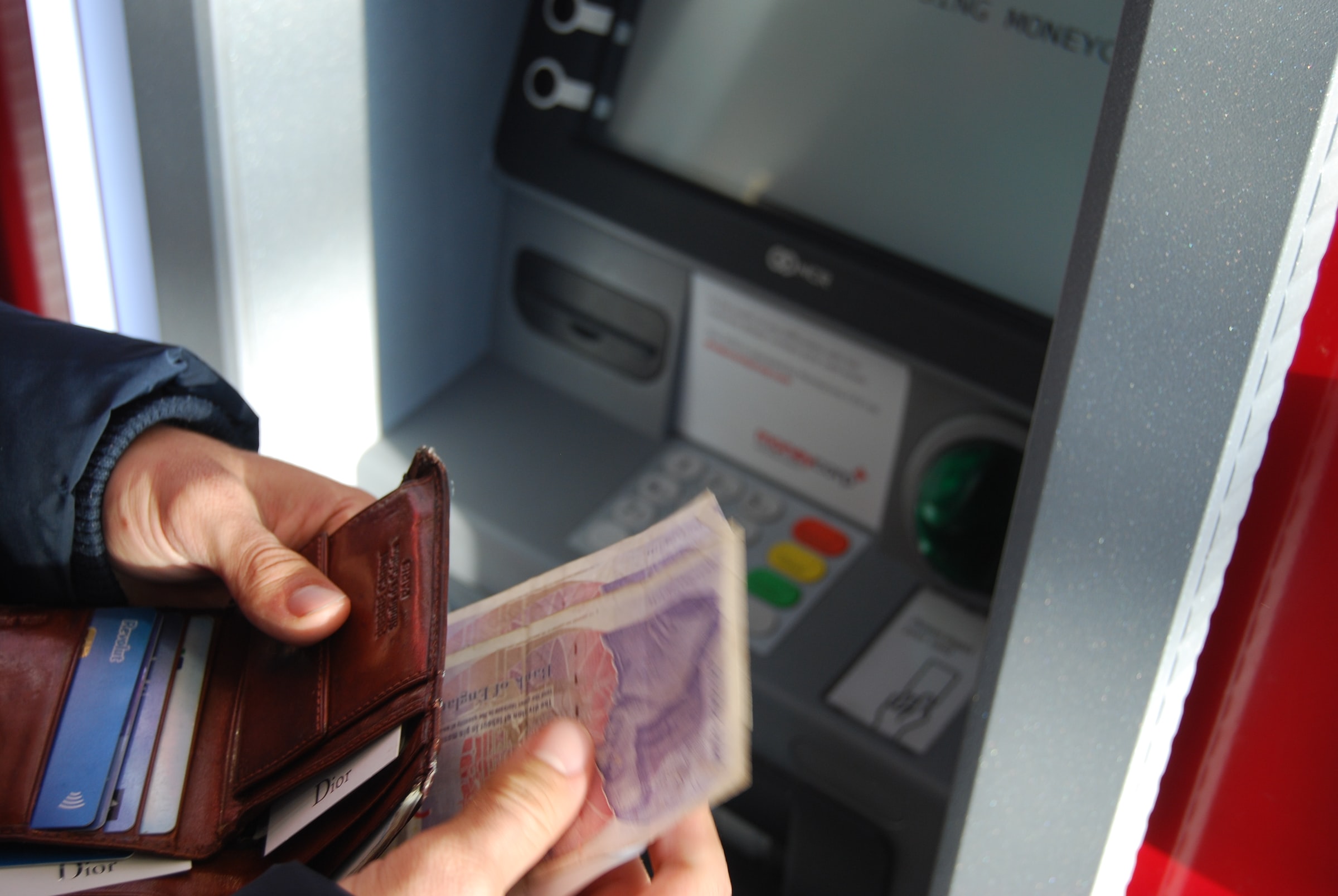No-one has a universal credit score. This means there’s no rulebook to tell you how many credit points are lost and won with everything you do financially. However, there are certain factors that will affect your credit score across the board. Let’s look into each one.
What's Included?
Applying for credit
Every time you make an application for credit, a credit application search (or a ‘hard’ search) will be carried out on your credit report and a mark will be left on your file.
This counts for all types of credit, including credit cards, loans, phone contracts (which are essentially loans), and mortgages.
Making an occasional application for credit won’t make much of a difference to your credit score, especially not in the long-term. However, if you make lots of applications in a short space of time, it’s likely to have a negative impact on your score. This is because lenders will think you’re irresponsible with credit.
If you want to limit the number of application searches (‘hard’ searches) on your report, you can check your eligibility for a credit product using quotation searches (‘soft’ searches) before you apply. This is better for your credit score, as only you can see the quotation searches on your report (they’re invisible to lenders).
Next step: Check your eligibility for credit cards, loans and more without harming your score.
Tip: Don’t panic if your credit score dips when you’ve applied for a new credit card. If you start using your new product responsibly then your credit score should go back up relatively quickly.
Check your Credit Score and File
Unlock Your Credit Score and Financial Opportunities Now!
Stability with your address and the electoral roll
Banks and lenders like to know that the people they lend to are reliable and stable, and therefore can be trusted to repay any debts.
One way they determine stability is to look at how long you’ve lived at your address and if you’re on the electoral roll. If you’ve been living in one place for a long time, this will be better for your credit score than if you frequently move between properties.
Next step: Check you’re on the electoral roll and that it’s showing up on your credit report.
The age of your accounts
Just like with your address, banks and lenders like to see signs of stability in the age of your credit accounts. So, they like to see that at least one of your credit accounts has been held for several years. Just like your address, this not only proves who you are, but shows you’ve been trusted by another lender over a long period of time. It’s likely to have a positive impact on your credit score if you have an older credit account on there. If your credit accounts are all mostly new this could lower your credit score.
Tip: if you’re going to close any of your credit accounts, try not to close your oldest one. This could cause a drop in your credit score.
Missing or not paying your debt
If you miss a payment or pay late, this will be marked on your credit report and it’s likely to have a negative effect on your credit score.
If you miss several payments your lender may place your account into ‘default’. Every lender will have different rules for how many payments you’re allowed to miss before you default. Some will allow you to miss up to six payments but for some lenders you may only be able to miss two payments before you are declared in default.
Defaulting on a debt carries a much heavier penalty on your credit score than missing a payment.
Missing and default payments will be marked on your credit report and will stay there for six years (the maximum time your credit information is held for).
Remember, it’s never too late to pay back a debt. It will always look better on your credit report to pay down a defaulted account – even if the payment is late and it isn’t for the full amount. It will demonstrate to lenders that you’ve tried to make up for the defaulted payment, and this is always preferable to never paying a debt back at all.
Next step: Check your payment history in your Credit-Score account.
How much of your credit limit you’re using.
Your credit utilisation will have an impact on your credit score. For example, if you use too much of your total available credit or too much of a single line of credit, it could damage your score.
Lenders may also consider this when they’re assessing your creditworthiness and ability to pay back credit. Keeping it under 30% is typically a good strategy.
If your utilisation goes over this level it could be marked as a negative factor on your report.
This means, ideally, you should think about carefully managing your credit utilisation. So for example, if your total limit is £1000, you might not want to use more than £300. If you have multiple cards or accounts, you might want to share out the amount you’re borrowing across the cards, rather than maxing out one card (but only if this makes financial sense).
Other factors relating to your credit limit may also affect your credit score. For example, if you have one credit card with a relatively high credit limit, this may have a positive effect on your credit score as it shows you’re trusted with this level of credit.
Next step: Check your credit utilisation in your Credit-Score account.
Public records: CCJs, IVAs and bankruptcy
If you have a CCJ (County Court Judgement) against you, an IVA (Individual Voluntary Arrangement) or bankruptcy, this information is on the public record and becomes part of your credit report.
If lenders see any of these three items marked on your report, it will have a negative impact on your credit score and its likely lenders will be less willing to lend to you. This is because your record shows you’ve gone back on some form of financial agreement in the past.
If you do have one of these on your record, make sure you comply with any rules or restrictions you are given. If you ignore what is asked of you, it can have more serious and permanent consequences on your credit score.
Once your debt is back under control, using a credit builder credit card very carefully will help you rebuild your credit score.
Learn more about CCJs and bankruptcies (and what to do about them).
Mistakes on your report
Mistakes on credit reports can and do happen, and these can have a negative effect on your credit report.
Some of the most common errors include incorrect names and addresses, but other details such as whether you’re on the electoral roll, your debt levels and account status can have mistakes as well.
If your name or address have errors (such as a typo) or if you have used different names/addresses for different accounts, some of your accounts may not appear on your credit report. This may mean you lose out on any positive effects that these accounts may have on your credit score. Make sure you look at the ‘accounts’ section of your credit report to check all of your accounts are there and there’s nothing you don’t recognise. If you want to change something that’s not right on your Credit-Score credit report (which uses Equifax data), you can raise a dispute.
If you want a cheat sheet of things to check on your credit report, read our credit report checklist.
Not having any active credit agreements or credit history
If you don’t have any active credit accounts – i.e. ones that you’re currently using – this may have a negative impact on your credit score. The reason for this is that lenders have no current information about your ability to borrow money and repay it reliably, and therefore you may be seen to be a greater credit risk.
If you have no credit history, you may struggle to be approved for credit in the first place (a bit of a chicken and egg situation). There are credit cards out there that might be able to help you if you’re in this situation – credit builder cards – which, if you use responsibly, could help you build up your credit score.
Next step: See your credit card offers in your Credit-Score account.
Key highlights
- Try not to apply for too much credit in a short space of time.
- Make sure you’re on the electoral roll.
- Older credit accounts will help your score and look better in the eyes of a lender.
- Always try to make a repayment even if it’s late – being in default will have a bigger impact on your score than just missing a payment.
- Try to keep your credit limit usage below 50%
- If you have no credit history, you could try carefully using a credit builder card to slowly build up your credit score.
Check your Credit Score and File
Unlock Your Credit Score and Financial Opportunities Now!






